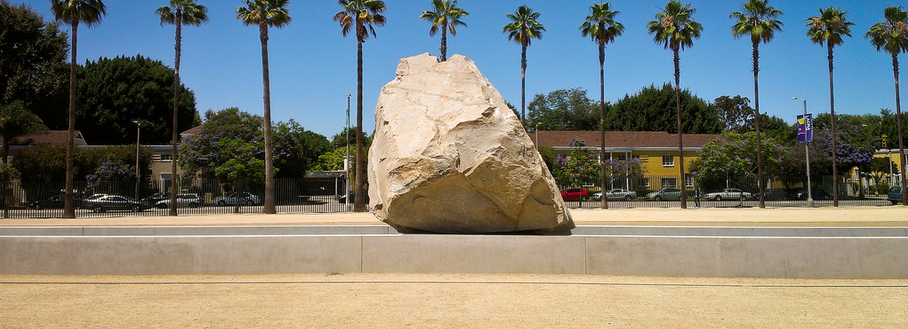Google Who? L.A. Planning Citywide Gigabit Fiber Network
According to Ars Technica, the city’s Information Technology folks will soon be asking for telecom providers to place bids on a network “that would require fiber to be run to every residence, every business, and every government entity within the city limits of Los Angeles.”
Whatever vendor wins will likely have to shoulder the $3-5 billion cost of building this network out, but would then have the ability to resell access to that network to other providers.
“We’re not looking at trying to… be monopolistic and try to force anybody out of the market,” a city rep tells Ars.
Even those residents who don’t pay will get free access to service ranging from 2Mbps to 5Mbps, the cost of which would somehow have to be subsidized.
While many fiber providers offer bundled TV and phone service, it’s possible that this network may be broadband-only at first. But even if the winning bidder has no interest in offering cable/phone bundles, some of the providers it sells network access to most certainly will.
Of course, by the time this network is built out, the number of people wanting home phone service will have continued to drop while a growing number of consumers will be getting their entertainment solely from online sources.
While this bidding process should help to increase broadband competition in L.A., Ars reports that priority will be given to providers who can provide not just a fiber network, but other services like wireless. That would seem to automatically put AT&T and Verizon in the front of the pack, while Time Warner Cable (still sore from blacking out CBS for subscribers in L.A. for an entire month) and other cable providers try to make their case.
One provider that probably won’t be considered is Google, which recently began expanding its Google Fiber service outside of the initial Kansas City test area. The problem, explains the city rep, is that Google does not currently sell commercial broadband service to businesses. Given that one of the reasons for building this network is to entice companies to move to L.A., the city deems the commercial part of the bid as essential.
This project isn’t going to happen overnight. The bidding process alone will take a few months, followed by another 6-9 months of negotiating with the winning company. Which means it will be at least a year before construction on the network even begins.
Let’s just hope this goes better than the L.A. United School District’s botched $1 billion iPad handout.
Want more consumer news? Visit our parent organization, Consumer Reports, for the latest on scams, recalls, and other consumer issues.


